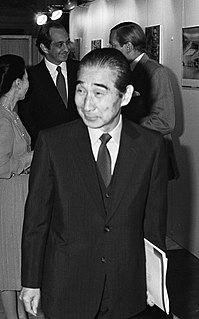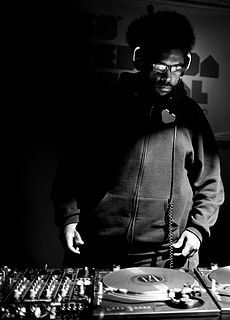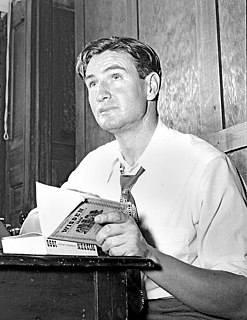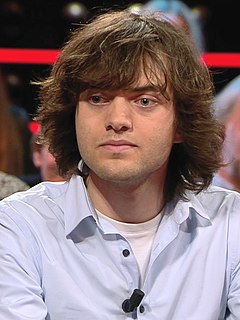A Quote by Doris Janzen Longacre
We become victims of the great disease of technological society - meaninglessness.
Quote Topics
Related Quotes
We might expect intelligent life and technological communities to have emerged in the universe billions of years ago. Given that human society is only a few thousand years old, and that human technological society is mere centuries old, the nature of a community with millions or even billions of years of technological and social progress cannot even be imagined. ... What would we make of a billion-year-old technological community?
The ideals of technological culture remain underdeveloped and therefore outside of popular culture and the practical ideals of democracy. This is also why society as a whole has no control over technological developments. And this is one of the gravest threats to democracy in the near future. It is, then, imperative to develop a democratic technological culture.
Christians, indeed, have a special obligation not to forget how great and how inextinguishable the human proclivity for violence is, or how many victims it has claimed, for they worship a God who does not merely take the part of those victims, but who was himself one of them, murdered by the combined authority and moral prudence of the political, religious, and legal powers of human society.
Thus the criminal ceases to be a person, a subject of rights and duties, and becomes merely an object on which society can work. And this is, in principle, how Hitler treated the Jews. They were objects; killed not for ill desert but because, on his theories, they were a disease in society. If society can mend, remake, and unmake men at its pleasure, its pleasure may, of course, be humane or homicidal. The difference is important. But, either way, rulers have become owners.
In the first place, the church can ask the state whether its actions are legitimate and in accordance with its character as state, i.e., it can throw the state back on its responsibilities. Secondly, it can aid the victims of state action. The church has an unconditional obligation to the victims of any ordering of society, even if they do not belong to the Christian community. The third possibility is not just to bandage the victims under the wheel, but to put a spoke in the wheel itself.



































